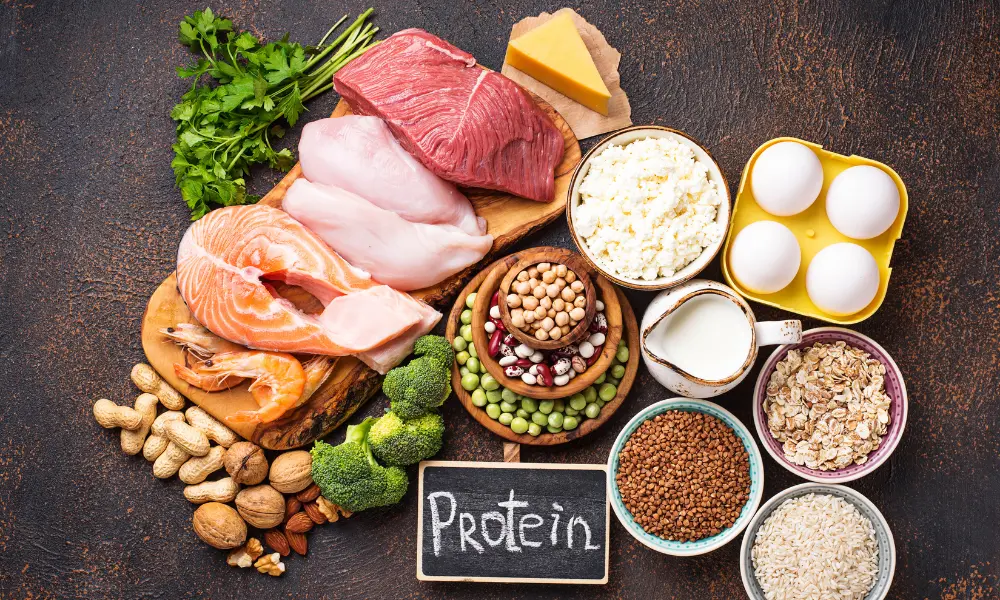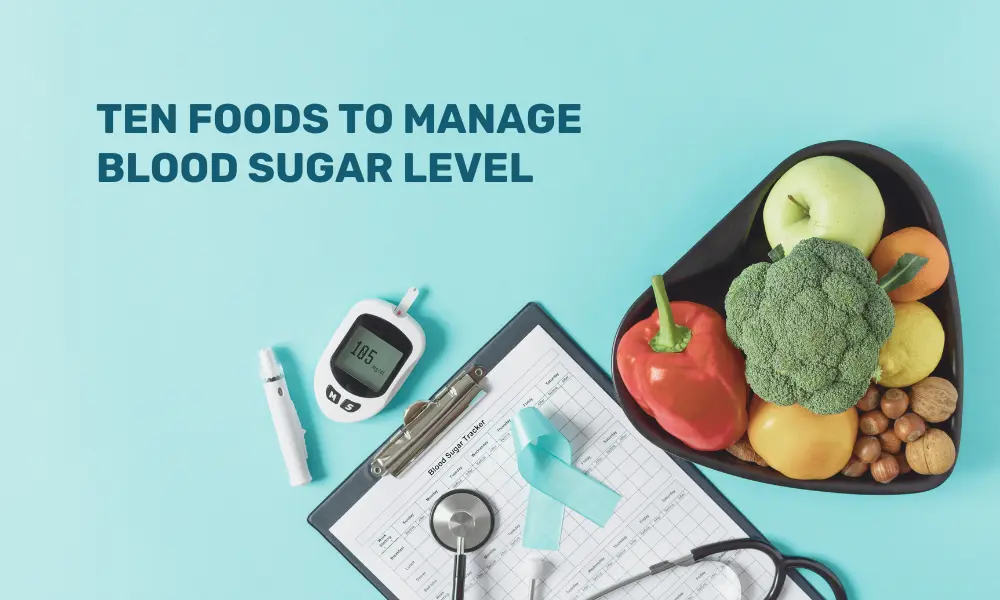When we consider weight loss, what immediately comes to mind are calorie cutting, avoiding meals, or running on the treadmill for hours. Although these methods may hold good for a while, they tend to leave you weak, starved, and irritable. What most individuals forget when losing weight is the importance of protein. Protein is not only for athletes, bodybuilders, or gym rats. It is one of the most effective tools you can use to lose weight in a healthy, sustainable manner.
Our in-house expert, Dt. Aparna Pandey, MSC-Nutrition and Dietetics, explains why protein is so essential and some science-backed facts that not everyone is aware of.
1. Protein keeps you full for longer: One of the largest dieting struggles is feeling hungry all the time. That’s because high-carb or sugary foods lead to blood sugar spikes and crashes, which cause hunger pangs. Protein, however, is harder to digest and releases energy slowly. The payoff? You are satisfied for several hours and can better ward off cravings and cut back on inessential snacking.
2. The “calorie-burning” effect of protein: Here’s a fact that few people know: the act of digesting food burns calories. This is referred to as the Thermic Effect of Food (TEF). Protein has the highest TEF among macronutrients, about 20–30%. That means if you consume 100 calories of protein, your body expends approximately 20–30 calories simply to digest it. In contrast, carbs burn only 5–10% and fats about 0–3%. Simply put, protein naturally increases your metabolism.
3. Averts muscle loss when losing weight: When you lose weight, you don’t only lose fat you also stand to lose lean muscle mass. This is why some individuals end up being “skinny but weak.” Protein helps retain lean muscle during a calorie deficit. If you combine sufficient protein with strength training, your body will lose fat but retain muscle. That’s why your body becomes toned, strong, and healthy rather than merely smaller.
4. Regulates hunger hormones: Weight loss is not just calories in comparison to calories out. Hormones are an enormous factor as well. Adequate protein intake decreases levels of ghrelin (the hunger hormone) and increases peptide YY (a hunger-suppressing hormone). So you get less hungry naturally without having to cut back on food a small but significant benefit towards the long-term loss of fat.
5. Shield your metabolism: A secret obstacle to weight loss is that your metabolism actually slows down as you lose weight. That is because the body is conserving energy. But since muscle is supported by protein, and muscle is an active tissue metabolically, having more protein prevents your metabolism from crashing. Consider your muscle your body’s calorie-burning machine the more you have, the more calories you burn even when you are resting.
6. More than chicken and eggs: When we mention “protein,” we typically think of chicken, eggs, or whey shakes. But there are more than enough varied protein sources, lentils, chickpeas, quinoa, tofu, Greek yogurt, nuts, seeds, and even vegetables such as broccoli or spinach, which have a little protein. The trick is to balance animal and plant proteins to your lifestyle and liking.
In a Nutshell: If you have been having trouble losing weight, simply cutting calories or exercising may not provide you with long-term solutions. Incorporating the right amount of protein into your diet can be the game-changer. It keeps you satiated, increases your calorie burn, maintains muscle, regulates hormones, and keeps your metabolism up.
Rather than considering protein as something only gym rats require, view protein as your weight loss best friend. Making small adjustments such as adding Greek yogurt to your breakfast, a handful of nuts as a snack, or an additional serving of lentils at dinner can make a big difference.
Weight loss is not about consuming less; it is about consuming smart. And smart weight loss nearly always begins with protein. For more such nutrition-related tips – CLICK HERE!
Disclaimer: This article is meant for informational purposes only and must not be considered a substitute for professional advice.





